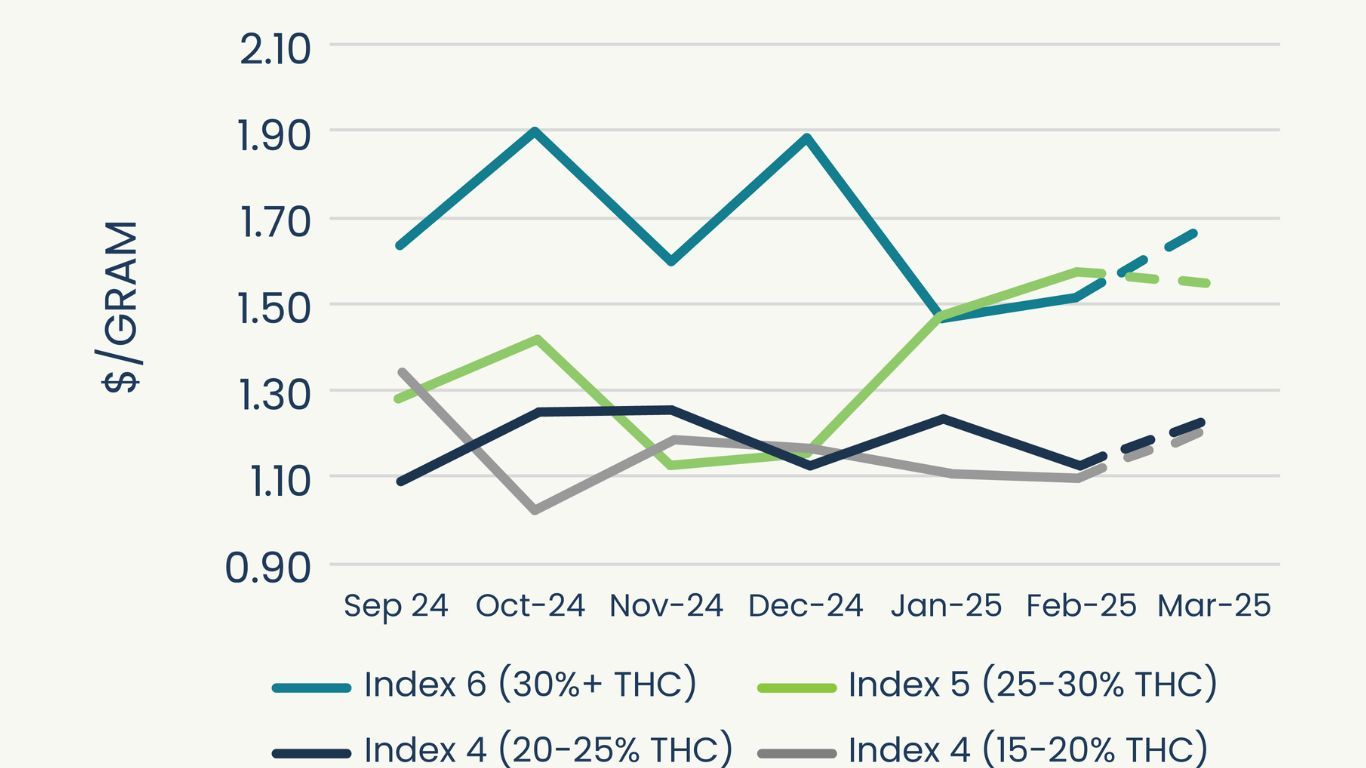
Tilray has received the first cannabis cultivation licence issued under Germany’s new Cannabis Act.
The American cannabis company, which operates in Canada, the United States, Europe, Australia, and Latin America, made the announcement on July 22. Tilray’s Aphria RX Facility in Germany was the first to receive such a licence in the country.
In February, Germany passed the German Medical Cannabis Act, expanding the country’s medical cannabis laws. Aphria RX has been present in the medical cannabis space in Germany since March 2019, when the company was awarded a licence for the cultivation of medical cannabis in Germany from the German Federal Institute for Drugs and Medical Devices (the “BfArM”).
At the time, the licence allowed for a total of five lots (1,000 kgs) and was the only licensed producer in Germany with permission to grow all three strains of medical cannabis approved by the BfArM.
The new licence, made possible by recent legislative changes in Germany that increased the number of patients and subscribers for cannabis for medicinal purposes, allows the Aphria RX facility to expand its growing capacity. Rather than growing just three cultivars for patients, the company can now grow and sell up to 31.
Tilray says its growing rooms were designed by Kevin Anderson, the master grower behind Tilray subsidiary Broken Coast, located on Vancouver Island in British Columbia, Canada.
“We are thrilled to receive this license as it will provide greater access to some of the highest quality medical cannabis produced in Germany and enable us to expand the range of treatment options available to patients,” says Denise Faltischek, Tilray’s Chief Strategy Officer and Head of International, in a press release. “We appreciate the trust that the German Government has placed in Tilray, and we are proud of our team for their groundbreaking work in medical cannabis cultivation and patient care.”
Germany legalized cannabis this past March, with the law coming into effect in stages. On April 1, personal possession and cultivation became legal. On July 1, the country began allowing cannabis growing clubs. However, the country does not allow the sale of cannabis, except for medical purposes. That bill also made amendments to the country’s medical cannabis laws (MedCanG), paving the way for Tilray’s most recent announcement.
Germany first legalized cannabis flowers for medical purposes in 2017. Although annual domestic production was capped at 10,400 kg, since that time, the amount of cannabis prescribed under the program has steadily increased, fed by imports from countries like Canada. In the first three quarters of 2017, there were just 530 kg of cannabis imported into Germany. By the completion of the first three quarters of 2023, that increased to 14,315 kg
The new licence will allow Germany to better address that growing demand through domestic supply. Anyone who wishes to cultivate, produce, trade, import, export, dispense, sell, otherwise place on the market, obtain or acquire cannabis for medicinal purposes or cannabis for medical-scientific purposes requires a permit from the German Federal Institute for Drugs and Medical Devices.
In addition to Tilray, Canadian cannabis company Aurora and the German company Demecan were first allowed to grow a combined total of 10,400kg of medical cannabis in Germany beginning in 2019.
Reliable data are still lacking, but it is conceivable that the growing demand for medical cannabis is to some degree, driven by people using the drug exclusively or partially for recreational purposes.











